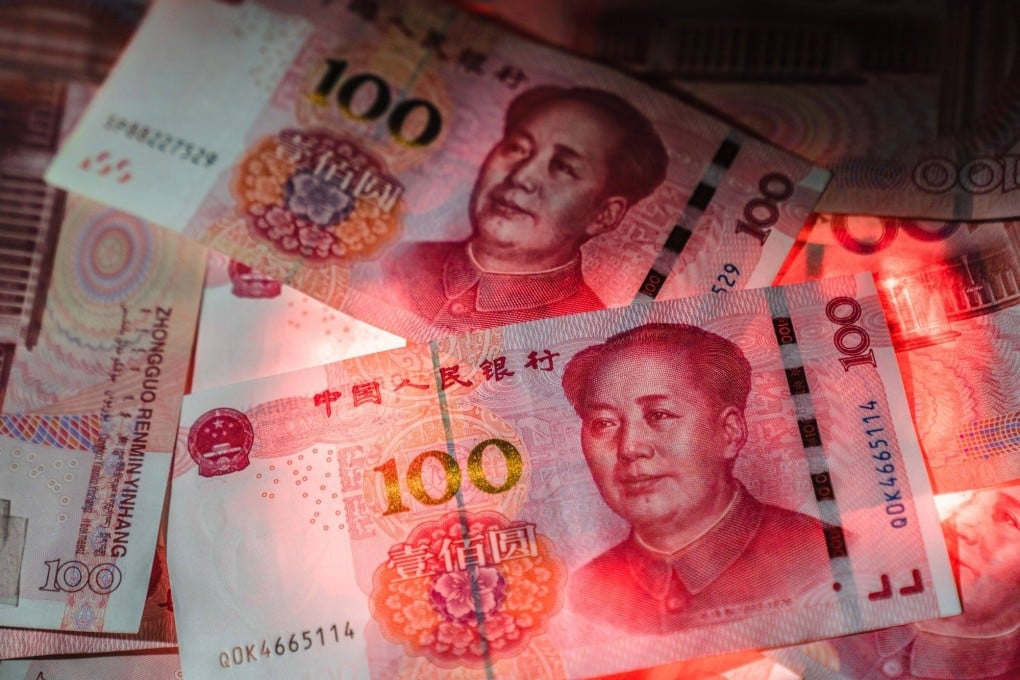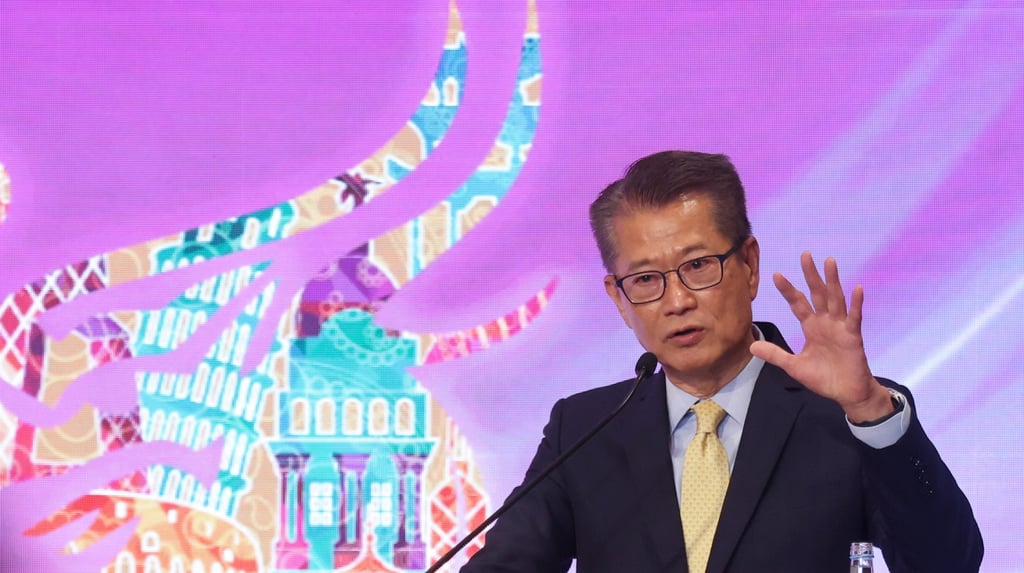Hong Kong taking lead role in globalisation of renminbi with expansion of bilateral trading and new products: finance chief
- Financial Secretary Paul Chan says move will mitigate risks arising from global political and economic changes
- Hong Kong fully committed to widening the range of offshore yuan asset options in city, according to finance chief

Hong Kong is seeking to expand bilateral trading of the renminbi and launch new products to take a leading role in internationalising the currency, according to the city’s finance minister.
Revealing that talks were also under way with mainland Chinese authorities to launch yuan treasury bond futures locally, Financial Secretary Paul Chan Mo-po on Sunday said Hong Kong had stepped up efforts to help diversify the renminbi to not only globalise it but mitigate risks arising from worldwide political and economic changes.
“In recent years particularly, the geopolitical situation has become increasingly complex. The United States banking industry has been in turmoil in recent months, and the US government has been plagued by long-term debt problems,” he wrote on his weekly blog.
“Furthermore, the US has even frozen or seized the assets of other countries, all of which have damaged the international community’s confidence in the US dollar and driven many countries to diversify their foreign exchange reserves.”

In March, the Federal Deposit Insurance Corporation, an independent agency tasked with maintaining stability and public confidence in the US financial system, seized the assets of Silicon Valley Bank, marking the largest bank failure since Washington Mutual at the height of the 2008 financial crisis.